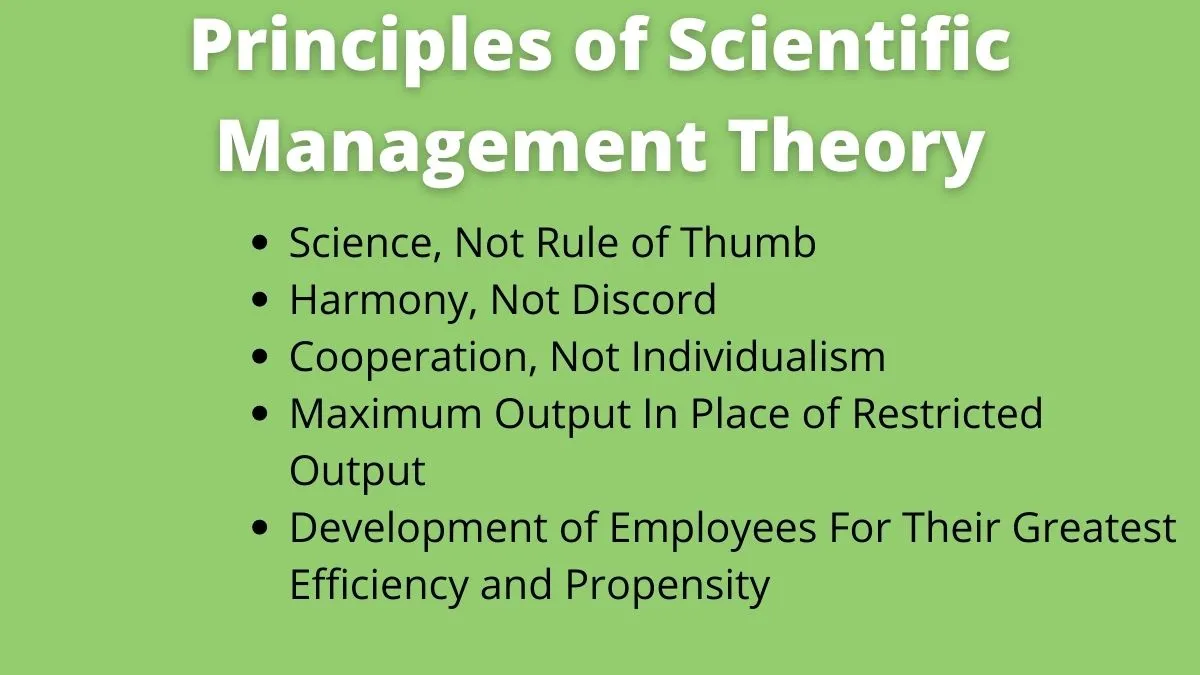Who the Hell Wants to Be a Better Shoveler?
by Bill Canady in PGOS Influencers
August 13, 2023
In 1898, thirteen years before he published his groundbreaking Principles of Scientific Management, productivity guru Frederick Winslow Taylor was hired by Bethlehem steel to improve the performance of the 600 men the company employed to shovel iron ore into its open-hearth furnaces. The object was to produce steel in the greatest volume and at the highest possible rate with the minimum of labor cost. Through close observation based on the scientific principles he developed, Taylor determined the optimal shovel load (21 pounds, no more, no less), the optimal shovel design, and the optimal shoveling techniques. His “science of shoveling” increased the daily weight of ore each laborer shoveled from 16 to 59 tons while also producing ergonomic advantages that reduced wear and tear on the workers’ bodies.

This was phenomenal as the nineteenth century flipped over into the twentieth. But now that we are all well into the twenty-first century, who the hell wants to be a better shoveler? After all, Taylor’s “scientific management” was conceived first and foremost to improve the productivity of manual work, which was far more plentiful in the nineteenth century and up through the mid-twentieth than it is today. Many doubt that Taylor’s insights can be applied to what iconic management consultant Peter Drucker called knowledge work, the category of labor predominant in our time.

Taylor improved any given manual task by first breaking it task down into individual sub-tasks or what we might call micro-tasks. He studied how long each task took and how long each micro-task took. Rather than apply traditional “wisdom” or existing “rules of thumb” to improve tasks, Taylor carefully experimented to find the optimal way—that is, the most productive way—to complete each task. Once this was established, he prescribed methods of training workers in the precise performance of the task.
Almost nobody has seriously tried applying these procedures to knowledge work. William Heitman, author of The Knowledge Work Factory (McGraw-Hill, 2019), has concluded that the individualist, idiosyncratic, just-wing-it approach to knowledge work causes today’s knowledge workers to waste “a third of their day, every day, on activities that could be reduced, consolidated, or eliminated altogether.”

So, what holds us back from applying Taylor-like principles to make us better mental shovelers of data, facts, and knowledge? For one thing, a lot of us white-collar folk fear being turned into machines. Some of us look down or noses at the idea of chipping away at numerous incremental productivity gains because only the big long-term breakthroughs matter. Many of is fail to understand that incrementally increasing the productivity of our knowledge processes does not just save time. It gives us more time to innovate toward achieving those outsized disruptive breakthroughs.

Frederick Winslow Taylor still has much to teach us. As shoveling can be made more productive by applying science-based practices, so thinking systematically about knowledge acquisition, assessment, and application can make us more intellectually and strategically productive. We can devote effort to learning how to learn more productively. We can also learn to become more prolific creators of knowledge. And we can learn to distribute innovative insights more effectively and widely. Applying tested and well-defined processes to data gathering and initial evaluation of that data reduces wasted effort by accelerating the journey to insight. The application of proven processes does not constrain the imagination, as some fear. On the contrary, it gives the imagination more freedom and more time to exercise that freedom. In knowledge work, as in manual work, it is the discipline of scientific management that will set us free.
